NRL Players have a window to take drugs and it needs to be closed
Running the gauntlet or ‘sharing urine’, players have long outsmarted the NRL’s illicit drug testing policy. A flaw in the system gives them a window to indulge without consequence.
The shame and embarrassment for NRL superstar Reece Walsh didn’t end last Sunday afternoon when he was forced to publicly admit he’d been charged by Queensland Police for possession of cocaine.
The repercussions continued on Tuesday when the 19-year-old sat in front of the Warriors multimillion-dollar suite of sponsors and faced allegations he had brought the entire code and club into disrepute.
It isn’t over yet for Walsh either.
The future Queensland State of Origin fullback’s next step will be to sit down with fearsome Maroons legend Gorden Tallis, a man renowned for his vehement hatred of any form of drugs.
Tallis has been engaged by the Warriors to act as a mentor to Walsh, at a time when the teenager, along with Melbourne Storm trio Cameron Munster, Brandon Smith and Chris Lewis, have become faces of rugby league’s latest drugs controversy.
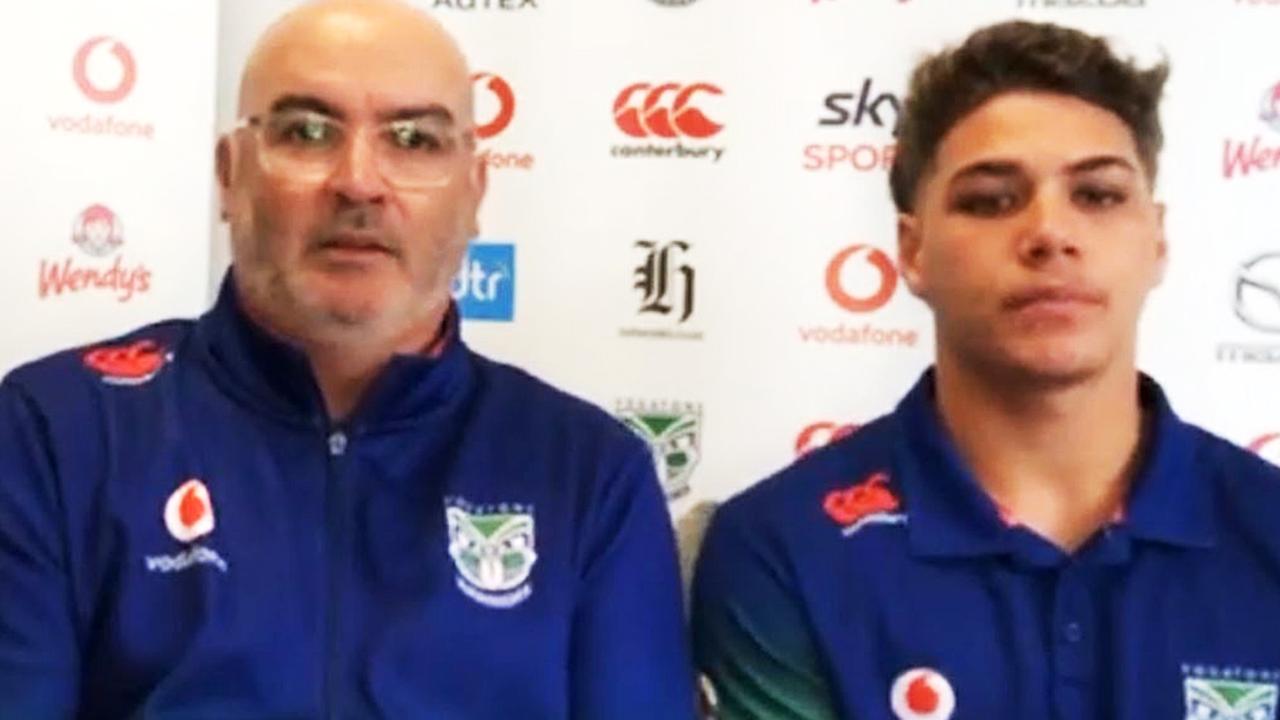
The Storm trio have been heavily fined by their club and the NRL “for bringing the game into disrepute” after being filmed in a room with white powder.
Munster is checking into a rehabilitation centre for the next four weeks.
The NRL has no evidence of the trio ingesting the white powder.
“They are Melbourne Storm players, they are human beings and humans make mistakes. These guys have made mistakes but they want to own those mistakes and acknowledge them too,’’ Storm chair Matt Tripp said this week.
The issue is nothing new for the NRL with the code struggling to come to grips with why players on multimillion-dollar contracts are willing to risk their entire careers by dabbling in illicit drugs.
Since Ben Barba tested positive to cocaine after the Cronulla Sharks 2016 grand final victory, there have been at least 11 prominent players who have either failed drug tests, admitted to cocaine-use or been filmed in situations that involve white powder.
The latest controversy for the game has renewed calls for an overhaul of the NRL’s illicit drug testing policy to compensate for a flaw in the current system that creates an off-season window for players to consume what they want, when they want.
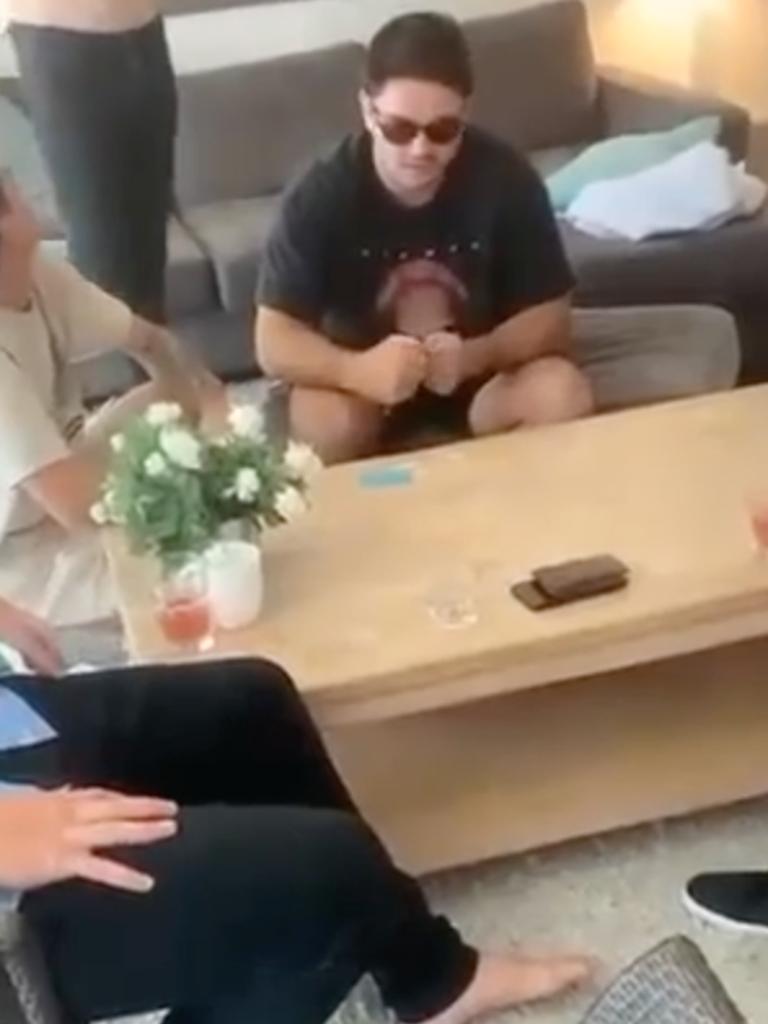

“I didn’t think there was a place for it on any side I played in. I think it is an honour to play rugby league,’’ Tallis said about the issue of drugs in sport generally.
“It is a working class game and for me it was an honour to do what I was doing. It is not something that I took lightly.
“The biggest thing about drugs is if you can’t do it in front of the people you respect the most — your grandparents or your mum or your dad — then why would you do it? Why?
“If you know it is wrong — there is a reason why it is illegal.
“They talk about the temptation but temptation has been around forever.
“There are more people that have said no to drugs than said yes. You just have to hang around the people that say no.”
Saying no hasn’t always come easy for some players.
The current testing system allows players to take an easy walk down a path of potential destruction.
Players are tested by their clubs for illicit substances, but only when they’re in team environments, meaning when they go on holidays, they’re off limits.
This year the players will be given as many as 10 weeks off. There are further holes in the drug-testing net.
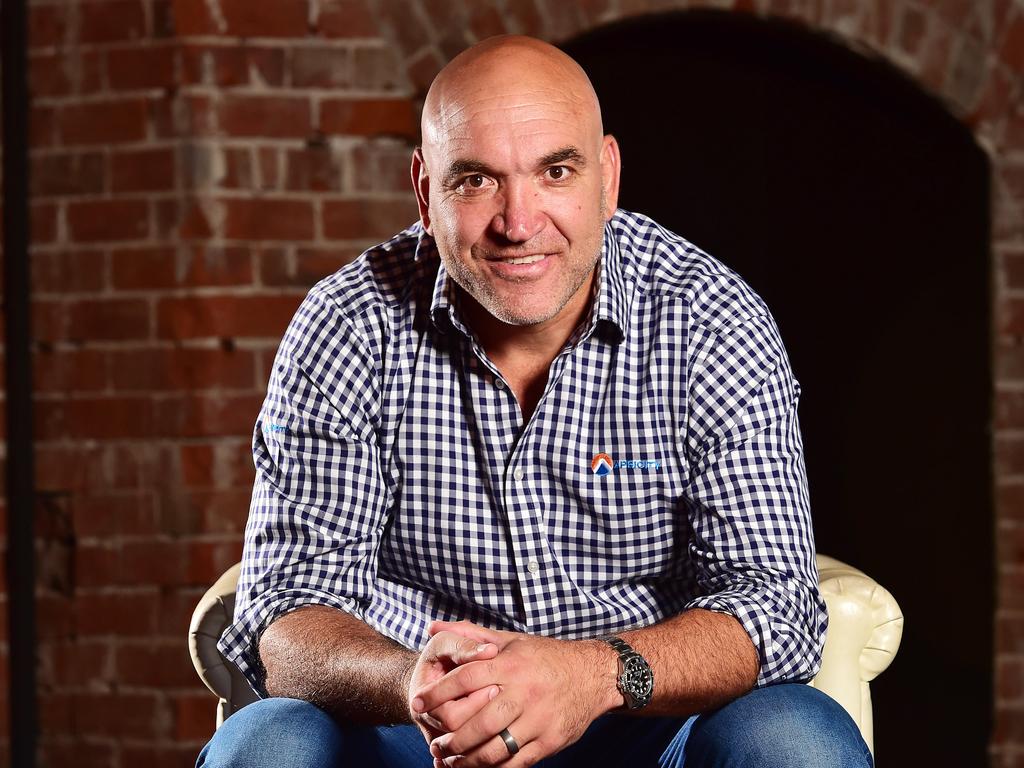
Players are required to provide their whereabouts details, including their intended location and address, each week to an assigned anti-doping officer at their club.
But the officers are often faced with cold-silence from players who simply fail to respond to the whereabouts request.
Even when players are tested, stories abound about attempts to cheat the system.
Aware that his high-profile teammate was about to be summoned for testing by anti-doping agents, one NRL player offered to “go first”.
The plan was that the player would leave enough of his clean urine sample in a separate jar and hidden under a bench for his teammate to collect.
Some players are even prepared to run the gauntlet in-season, following a Friday night game — if their training schedule indicates they aren’t required for team duties until Monday.
A consistent factor in the carefree attitude of some players is the absolute confidence that the illicit drugs will be expunged from their system.
Drug metabolism differs between people. It can be related to body composition, age, sex, biological, and genetic contributors.
After use, cocaine or its metabolites typically can show up on a blood or saliva test for up to two days, while in a urine test for up to three days.
But for finely-tuned athletes, who can burn more energy even while resting, it’s not uncommon for cocaine or its metabolites to leave the body within 24-hours.
Players have little to fear from Sports Integrity Australia either when it comes to illicit drugs, as the old ASADA doesn’t test for illicit drugs when the season is over.
“Under the World Anti-Doping Code, illicit drugs are only banned in-competition,’’ an SIA spokesperson said. “As such, Sport Integrity Australia only specifically tests for illicit drugs in competition. The use of illicit drugs out-of-competition is a matter for each sport.
“The in-competition period varies for each sport but typically begins at 11.59pm the day before an event.’’
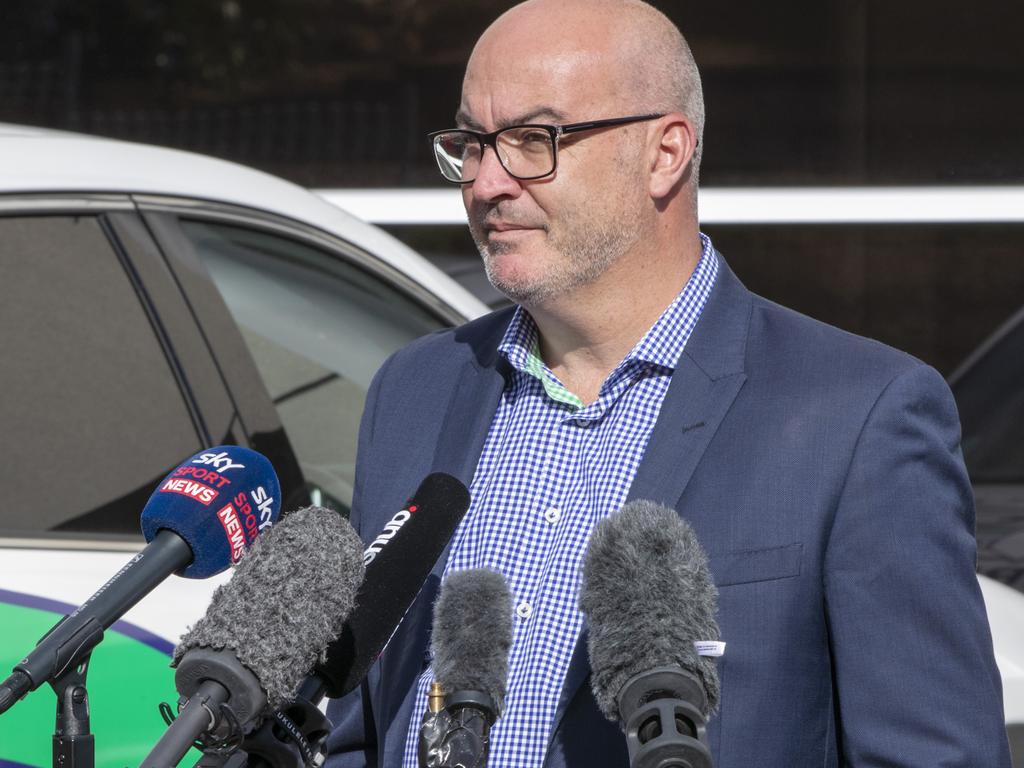
In effect, the off-season is open slather, hence the desire by Warriors CEO Cameron George to dramatically overhaul the current testing procedures and introduce hair testing.
Hair testing for drugs is a strategy that allows the measurement of drugs that were consumed up to three months prior to sample collection.
Hair testing can detect illicit drug-use including cocaine, marijuana, heroin and ecstasy.
“As a sport we need to go down the path of hair testing,’’ George said.
“That way, it won’t matter if you use in-house testing or ASADA testing, because that (hair testing) will retrospectively tell you whether drug-use has been consumed.
“The players and the RLPA have got to understand, the game only clicks at the level we’re at because of the commercial support.
“That could be through TV broadcasting or commercial partnerships that the clubs work through to secure.
“That’s the only reason the players get paid what they do and what the staff get paid as well. I would encourage the whole game to do it.
“We all own a piece of the game. So individual clubs going out and doing their own thing is commendable, but we as a game have to take ownership of the advancement of this type of approach.
“My simple question to anyone that objects to it would be: Why not?’’
The Players Union (RLPA) have been urging the NRL to review the existing illicit drug policy for the past four years.
News Corp has exclusively obtained a document that was struck between the NRL and the Players Union in late-2017 in which head office said they would provide a letter to the union committing to a review of NRL rules around illicit substances.
Part of the commitment was to consider reducing bans for a second strike to eight matches — players are currently suspended for 12-games if they fail an in-house illicit drug test on a second occasion.
A first failed illicit drug test remains anonymous and doesn’t result in a ban, but only immediate rehabilitation for the player.
There is no way to tell how many players are running around in the NRL with a first strike against their name.
“It can’t be lost here that players are the only stakeholders in the game who put their hand up to be tested,” RLPA chief executive Clint Newton said.
“It is important because it goes right to the heart of the fact that players are trying to lead in this space because they all know it is necessary.
“We’re absolutely for a broader discussion to occur about anything to do with testing. Players aren’t opposed to it but it is about putting it on the tables we can work through it.
“We haven’t seen anything.”
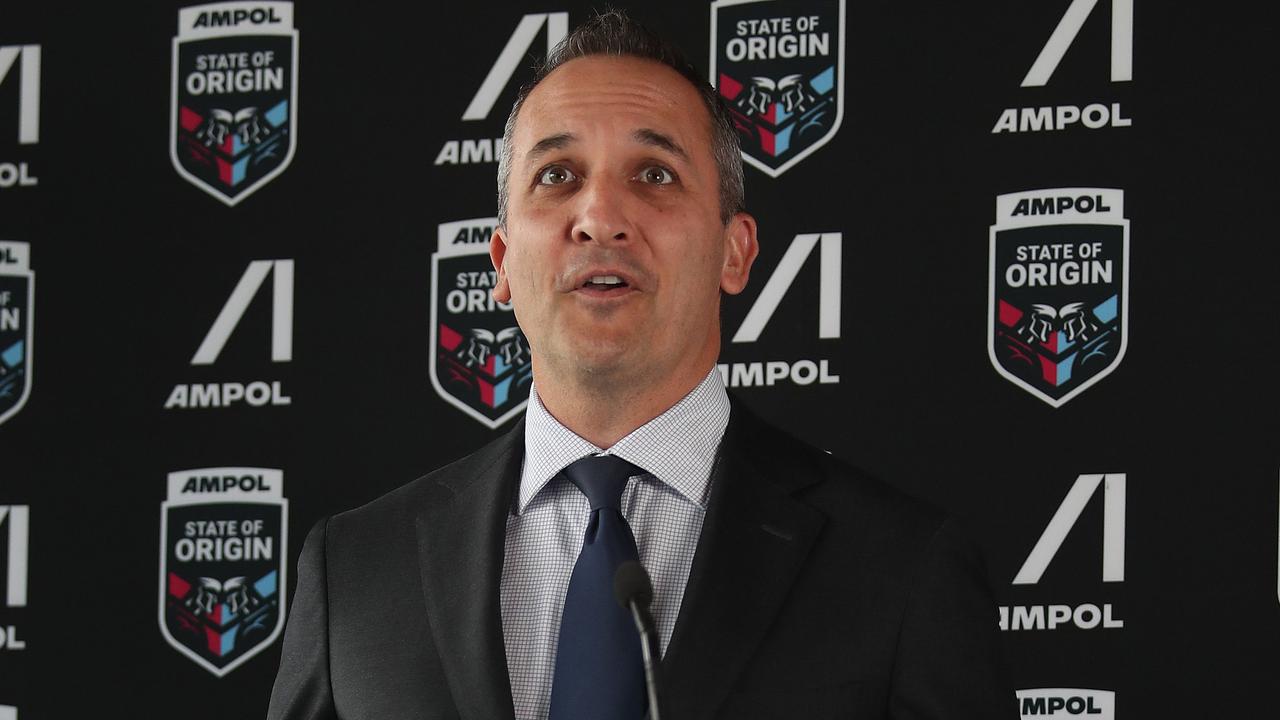
NRL CEO Andrew Abdo said the code would review the current policy over the coming months, which will include the possible implementation of hair testing.
“The Illicit Drugs Policy for the NRL is currently under review,’’ Abdo said.
“The policy will be developed with input from all stakeholders including the RLPA and Clubs.
“I think there are always opportunities to improve policies and systems, especially with technological change.
“These are heavily scrutinised athletes, by the public, media and by the NRL. Over the course of the current policy we have seen a decrease in instances, but we are always looking to do more to protect our players’ wellbeing and our game’s image.
“You’ve got to look at the game as a whole and the reality is over the last few years there have been a low number of incidents involving drugs. Our players are tested regularly and scrutinised daily. If there was a systemic drug problem we’d all know about it very quickly.
“The players receive a huge amount of education on this issue and they are on notice because there are significant consequences if drugs are found in their system.
“There are two things here.
“One is, the damage that these drugs do to people long-term and the addictive nature of it and what it leads to.
“And the second is, the brand and reputation of these individuals, the clubs and the sport, when these matters play out in the public – and they are both of real concern to us.’’
The Melbourne Storm, Walsh and the Warriors know that better than anyone.
Walsh is a potential face of the game; good-looking, well-spoken and electrifying with a Steeden in his hands.
But now his only focus is on rebuilding his reputation.
The NRL’s reputation is also at stake unless they slam-shut the window of opportunity at the end of every season.
TIMELINE OF DRUG CONTROVERSIES
2016
Cronulla axes Ben Barba from his contract when he tests positive to cocaine four days after the Sharks’ maiden grand final win.
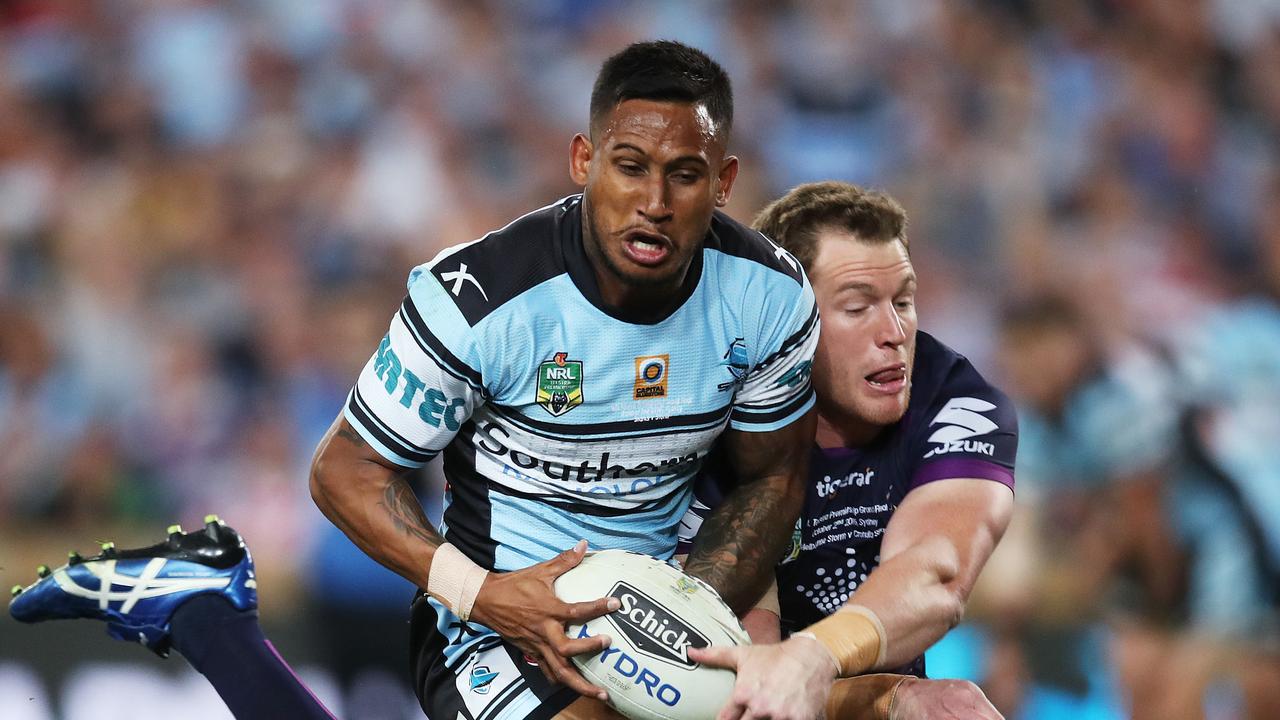
2017
Titans co-captain Kevin Proctor fined $20,000 and suspended for four matches after being caught on film allegedly snorting cocaine.
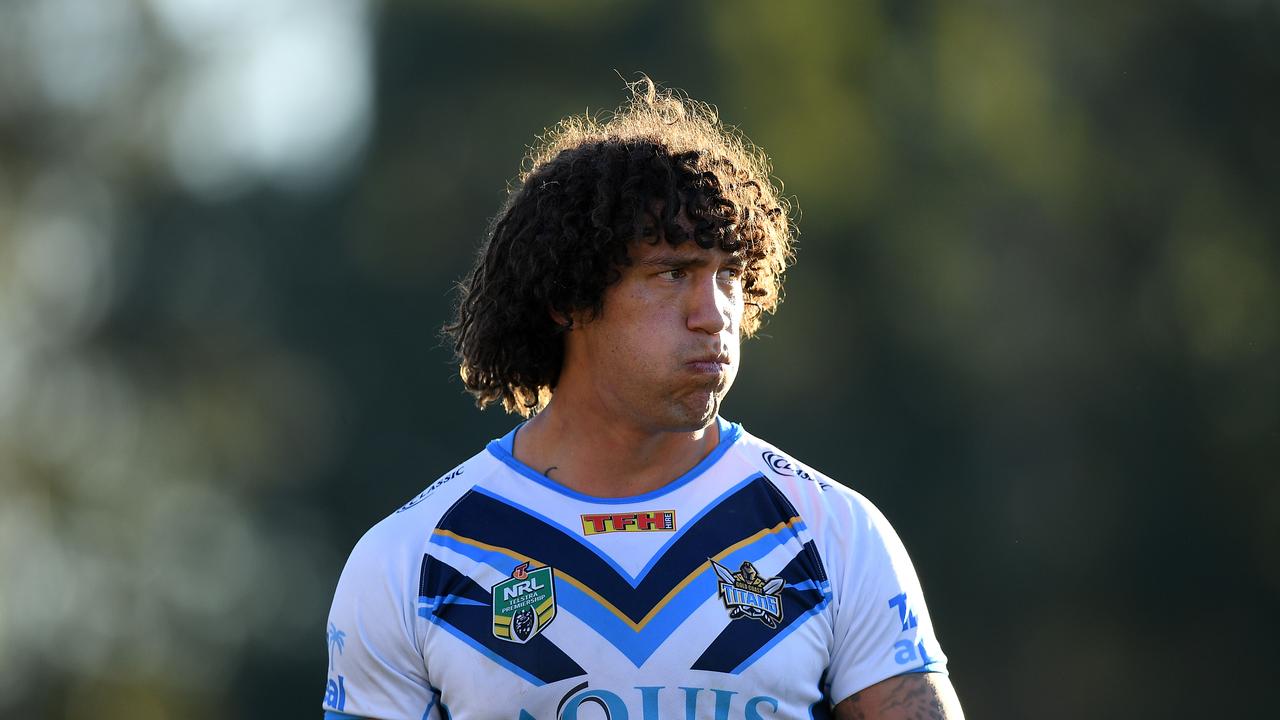
2017
Caught in the same video as Proctor, Storm forward Jesse Bromwich is forced to stand down as captain of New Zealand and suspended for two NRL matches.
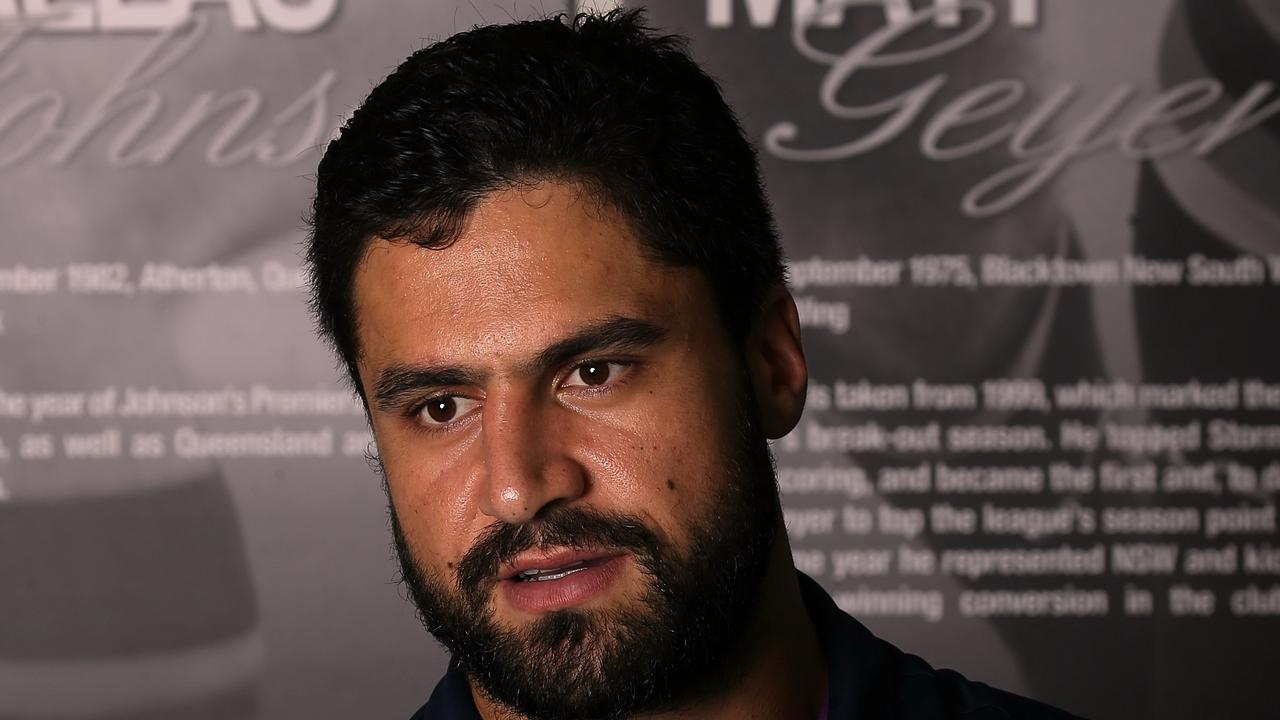
2017
Roosters centre Shaun Kenny-Dowall escapes conviction for drug possession after he was caught with almost half a gram of cocaine at a Sydney nightclub.
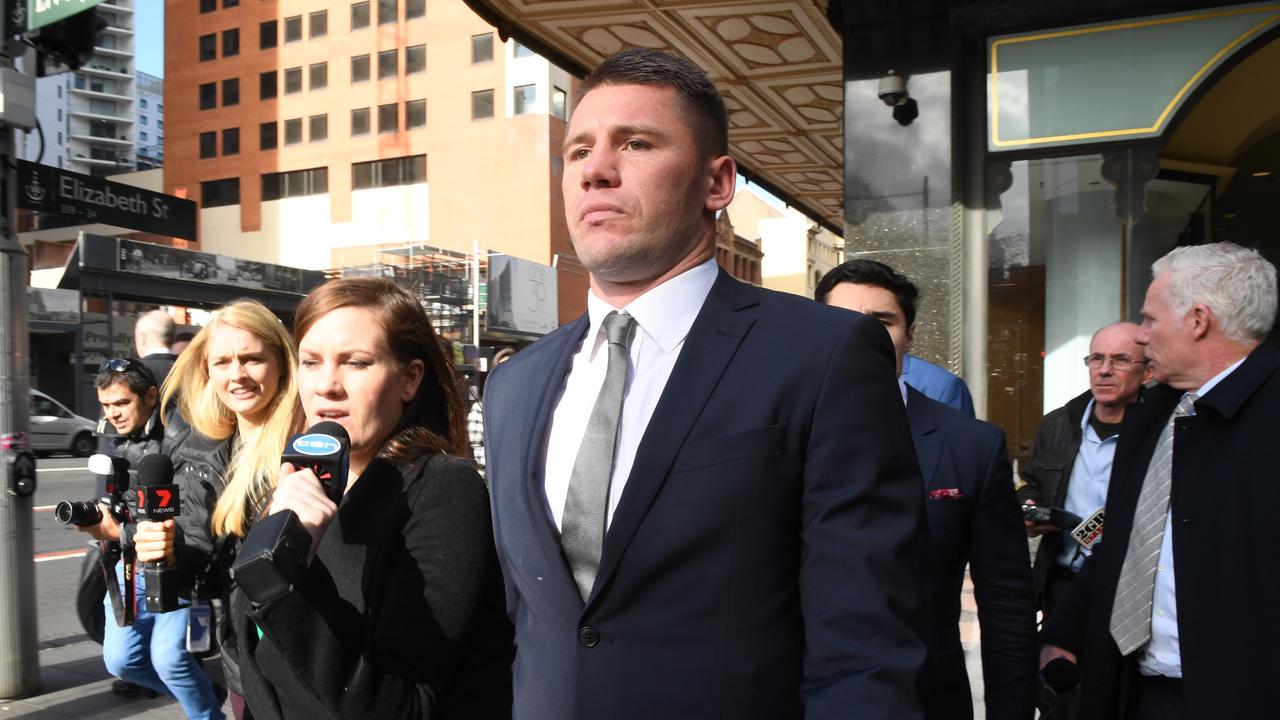
2017
Wests Tigers centre Tim Simona admits to Mad Monday cocaine session with “up to five other players”.
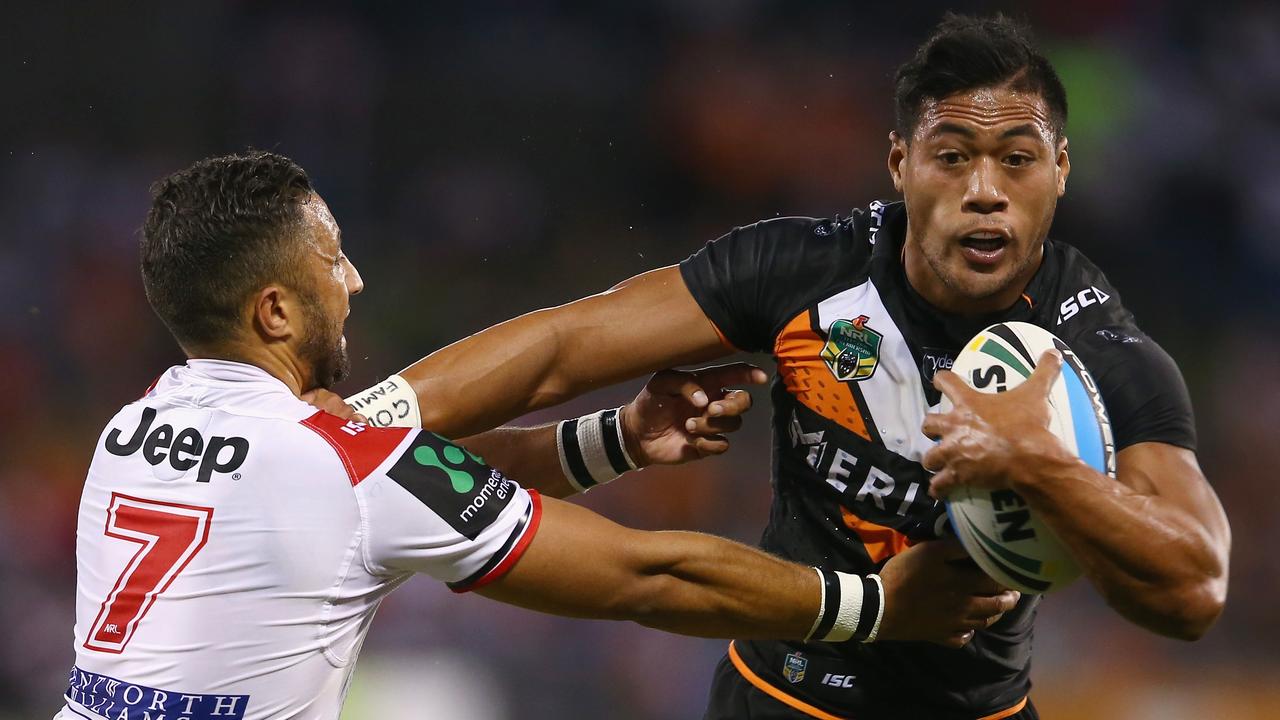
2017
Kiwi-born halfback Jayden Nikorima is sacked by the Roosters after receiving a 12-game suspension from the NRL for a second failed illicit drug test.
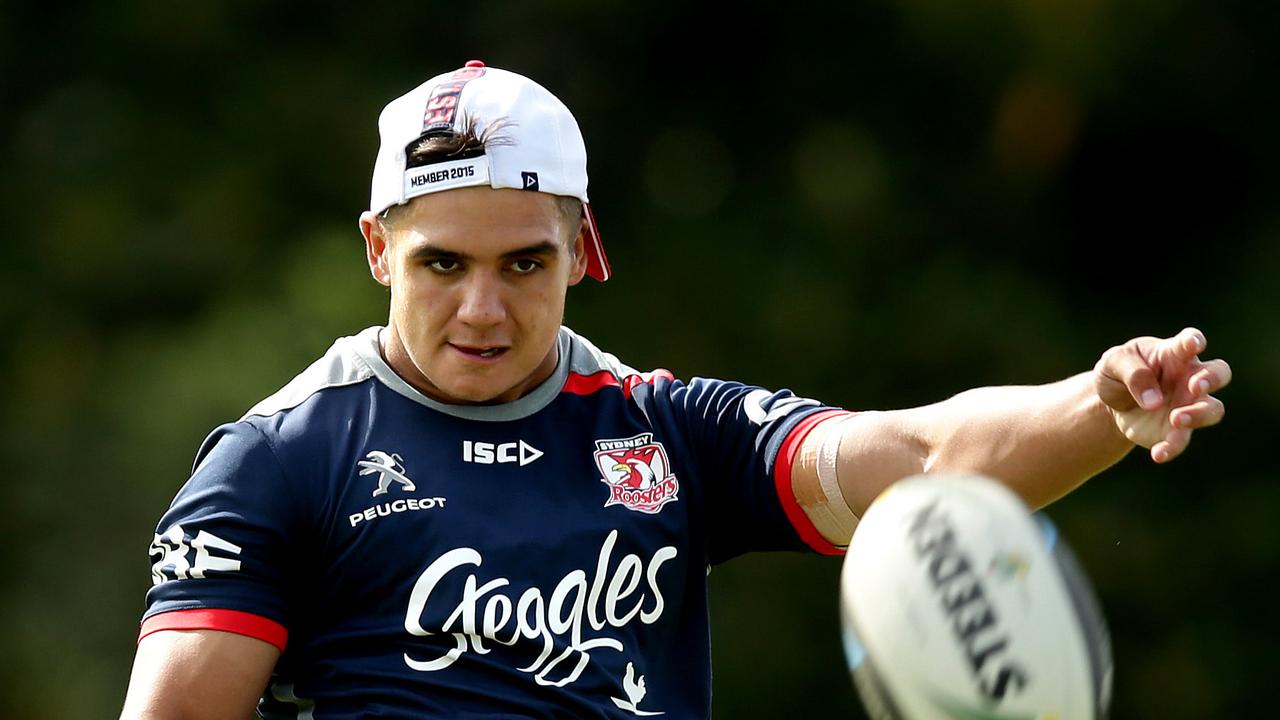
2020
Penrith centre Brent Naden handed one-month suspension after returning a positive result for cocaine following an anti-doping test after the Panthers’ grand final loss to Melbourne Storm.
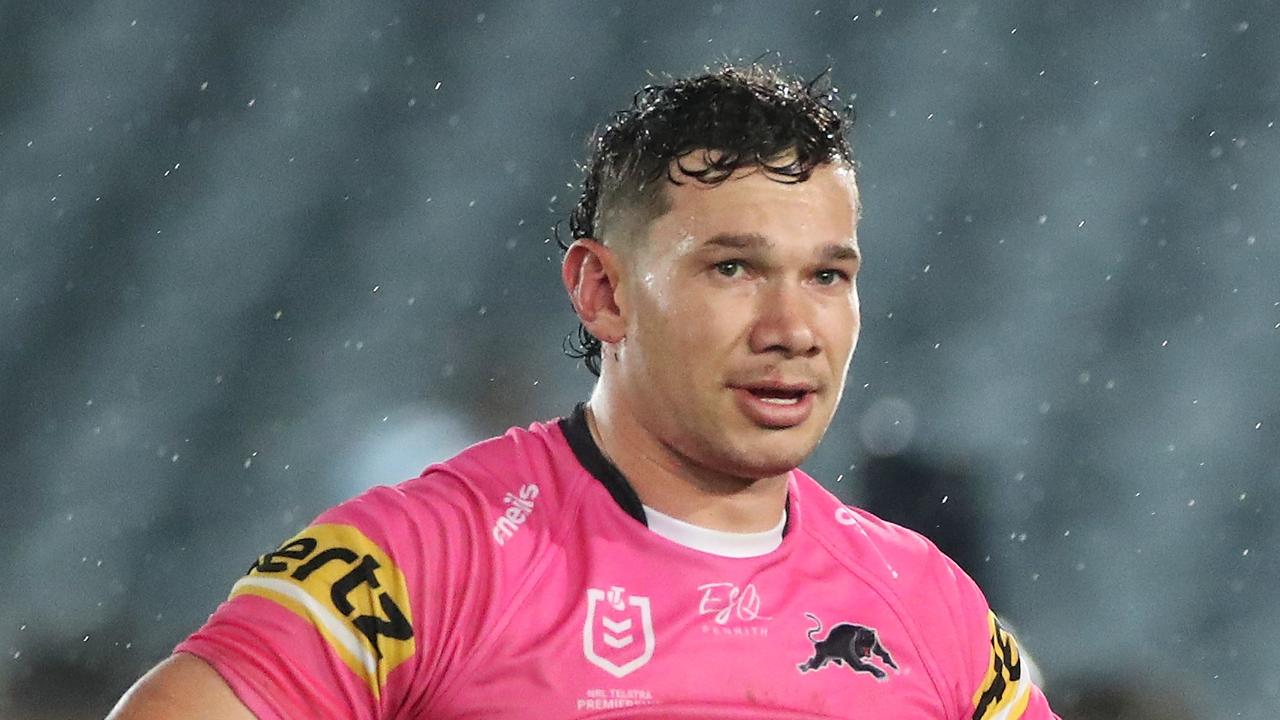
2021
During a court hearing ex-NRL star Michael Jennings admits he took cocaine on four occasions while partying during end-of-season celebrations, in 2013, 2014, 2015 and 2016.
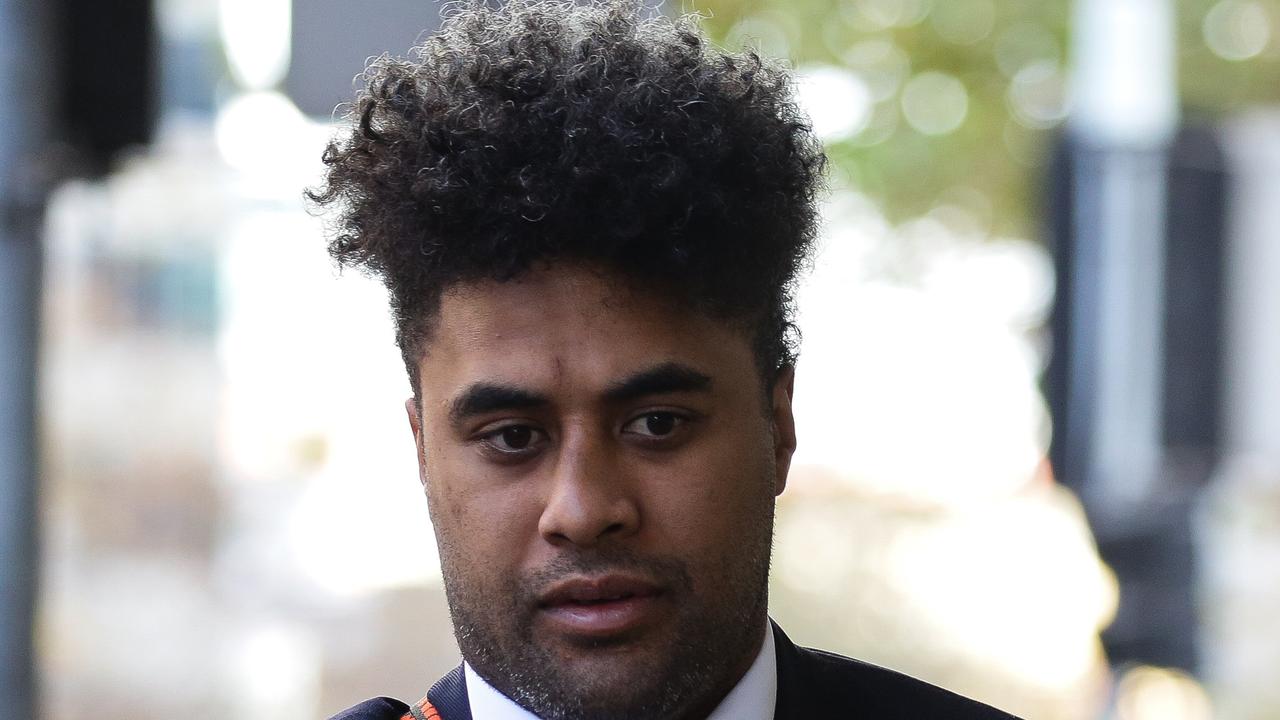
2021
Rookie star Reece Walsh admits to being in possession of cocaine after he is charged by police on the Gold Coast with drug possession. He faces court in mid-October.
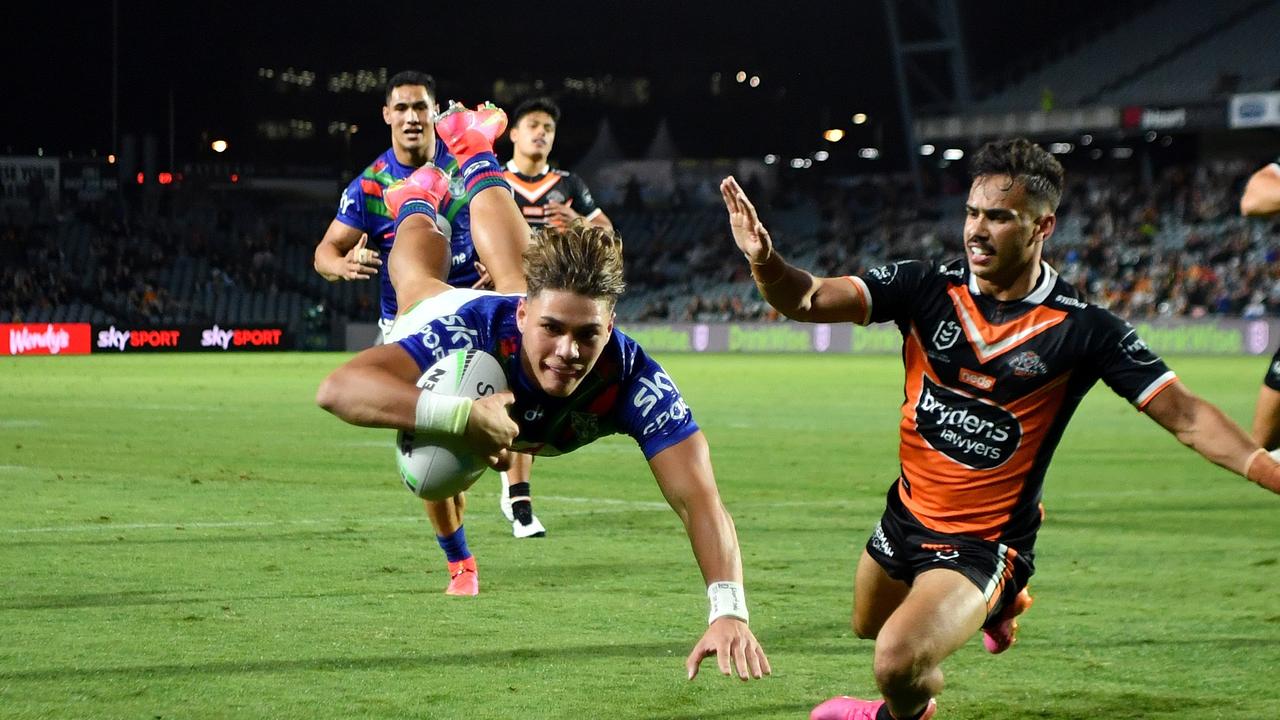
2021
Video emerges of Storm trio Cameron Munster (pictured), Brandon Smith and Chris Lewis in a room with white powder. The NRL is expected to suspend the players for at least two games, with fines of up to $40,000 for “bringing the game into disrepute”.
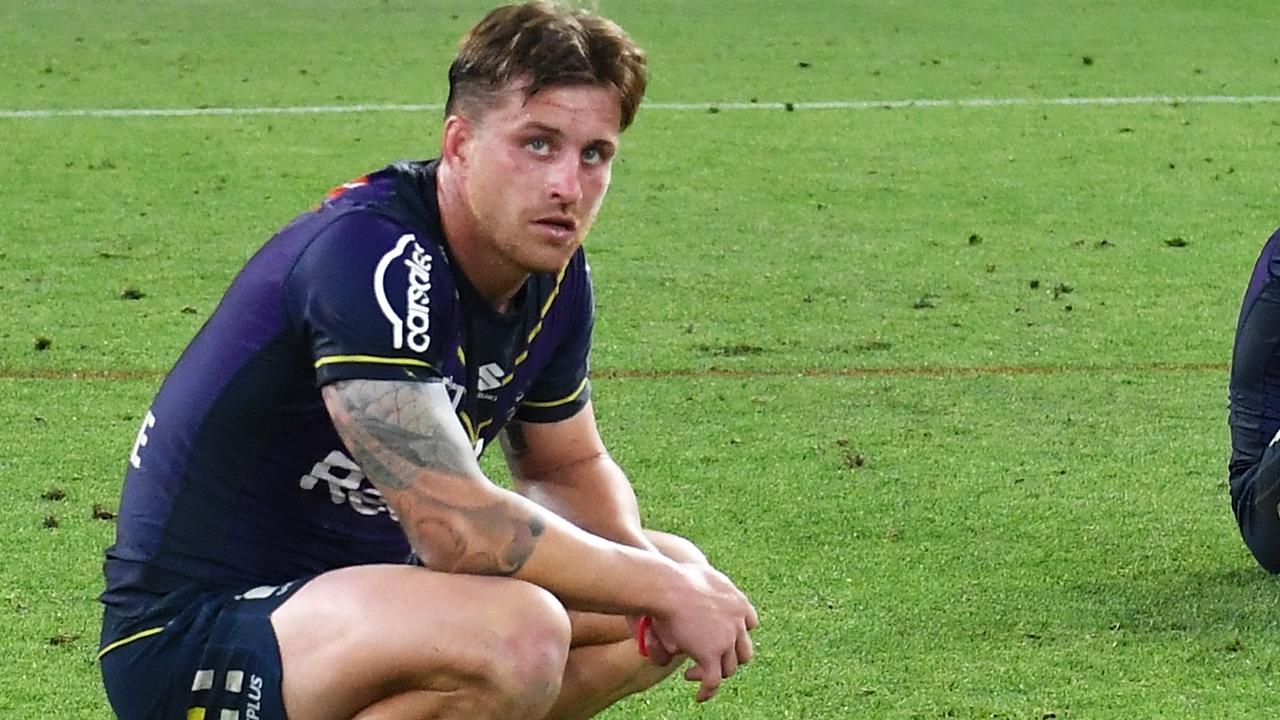
Originally published as NRL Players have a window to take drugs and it needs to be closed


